Literacy - Winds of Change
by Dr. Daphne Pillai
As a person in education for the past 49 years, I have been reflecting on the interpretation of ‘Literacy’ in the post pandemic era. I see the winds of change coming and thus see the need to remobilize our efforts to redefine traditional literacy to meet the needs of today. The United Nations has designated September 8th to mark ‘International Literacy Day’. Before we begin this discussion, one may wonder what I mean when I say ‘I’m a person in education’. In short, I’m a teacher, educator, education provider (we run schools and colleges in India), school curriculum developer, educational infrastructure developer, school policy maker and involved in most aspects of running large educational institutions.
However, my claims of knowing the educational ecosystem inside-out have to be re-evaluated today as Covid-19 has descended on the world in swift decimating style, forcing all fields to change their models of working to survive. Education too was impacted by the physical closure of schools and colleges. In-person methods got converted to online teaching, and with this a new demand has been placed not just on traditional education establishments, but has also created strain within family units to provide the required support that is needed.
‘Literacy’ has been traditionally defined as the ability to read and write. Reading words through phonetic sounds and writing words in alphabetical format labelled one as a ‘literate’. But in today’s world is this enough? I do not think it is. Literacy in today’s world should include digital literacy, emotional literacy, social literacy and awareness of current issues around the world.
We need to prioritise digital literacy in education today, especially for those who currently do not have access to digital gadgets or the Internet. Covid has decreased the literacy rate among those who have no digital access, and we need to find ways to bridge this gap. For the people who do have access, we need to teach them how to safely navigate through all the information. I see my three grandchildren on the verge of starting pre-school and kindergarten, already well-versed on their phones and tablets. The digital world is an amazing place that can keep them entertained and teach them, but it can also be a treacherous place with scams, inappropriate content, and propaganda. As a guardian, we must ensure that we filter the bad of this new world but allow our youth access to the good. As we strive to educate nations, we must enable them to not just read and write, but also help them understand and utilize the new digital media of education.
And what about emotional literacy? Due to the pandemic, people have been socially isolated and spend more time online than ever. Mental health has been negatively impacted and these issues require to be addressed with kindness and understanding. If students are counselled on ‘Emotional literacy’ it would help them to connect with a distressed peer and perhaps save a life. Not just students, society at large needs to have an empathetic approach when dealing with their peers, keeping in mind that everyone has been affected by the pandemic in some way or the other.
Let’s not forget about Social Literacy. When we speak of social literacy, it encompasses our moral responsibility towards our society, environmental responsibility for our planet, gender parity, political awareness, and health and nutrition. People need to be trained in sensitivity, listening, and moral reasoning. Here, I must mention our Soroptimist Club’s moral obligation towards the upliftment of women through our project “The Power of a Second Chance”.
There is an old proverb: “If you educate a man, you educate an individual. But if you educate a woman, you educate a nation”. This has been at the heart of my work as a Soroptimist since 1995. When I founded the Soroptimist international of Bombay Chembur,(SIBC), where I helped set up the “Adult Literacy Drive” for women who were deprived of the first chance in education due to socio-economic factors like poverty, mindsets, culture, customs, hygiene and sanitisation. The fact that they cannot read or write creates challenges for them, which we as literates take for granted such as reading medical prescriptions, understanding travel directions at public transport places or being able to read/understand the teacher’s instructions to their children.
https://sibombaychembur.com/spoken-english-of-adult-literacy-programme-2017-2018/
And while these skills are still critically important; in today’s world; where we pay for everything with our phones/e-wallets, where so many of us socialize with our friends online, where our children will be spending a majority of their time on the internet, we must acknowledge that something is missing in our quest to uplift women and to educate nations.
And so today our literacy objectives should be aimed at creating awareness on the Sustainable Development Goals of the United Nations and to promote Digital, Emotional and Social literacy for all.
Written by Dr. Daphne Pillai
Chairperson of Mahatma Education Society’s Pillai Group of Institutions.
President of the International Women’s Federation of Commerce and Industry (IWFCI) India National Chapter
Patent - New methods of education to meet post-Covid requirements - by the German Federal Agency - über die Eintragung desGebrauchsmusters Nr. 20 2022 100 827 issued on 3rd March, 2022
Exquisite Articles Penned by Our Clients


